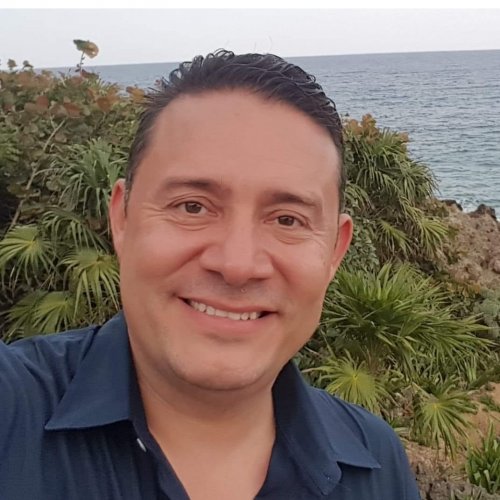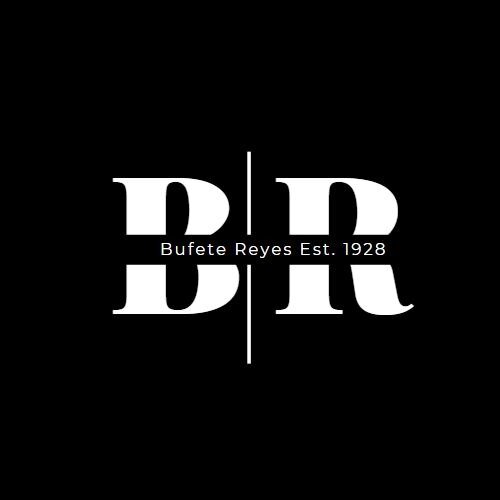Best Foreclosure Lawyers in La Ceiba
Share your needs with us, get contacted by law firms.
Free. Takes 2 min.
Free Guide to Hiring a Real Estate Lawyer
List of the best lawyers in La Ceiba, Honduras
About Foreclosure Law in La Ceiba, Honduras
Foreclosure law in La Ceiba, Honduras, is governed by the country's Commercial Code, the Civil Code, and the Law on Mortgage and Trust. Foreclosure is a legal process that a lender initiates when a borrower defaults on their mortgage payments. The foreclosure process can either be judicial or non-judicial. The legal landscape in Honduras tends to favor debtors more than creditors; thus, the foreclosure process can be lengthy and require professional legal assistance.
Why You May Need a Lawyer
With the complicated nature of the foreclosure process in Honduras, hiring a lawyer can be beneficial. Whether you're a lender seeking to recover your funds or a homeowner facing foreclosure, legal advice can be crucial. A lawyer can help navigate the rigorous paperwork, deadlines, and complex local laws. They can negotiate with the opposing party, engage in legal proceedings on your behalf, and ensure that you understand your rights and obligations under the law.
Local Laws Overview
A few specific aspects of local laws for foreclosure in La Ceiba are critical. For instance, a lender must take court action to execute a foreclosure. The debtor is also offered numerous protections under Honduran law, including a lengthy period in which to sell the property privately before the creditor can reclaim it. Failure to follow the procedure to the letter can result in legal consequences and prolong the process.
Frequently Asked Questions
What happens if I can't make my mortgage payments?
If you fail to make your mortgage payments, the lender has the right to begin a foreclosure process to repossess the property. The exact process varies and can be complex, making legal advice beneficial.
What are my rights as a borrower?
The law in Honduras protects borrowers in several ways, such as the right to sell the property privately before the lender can take control, and the right to a fair and legal process throughout the foreclosure.
Can I sell my house before foreclosure?
Yes, Honduran law provides a period in which the debtor can sell the property privately to repay the debt before the foreclosure process can proceed.
Can a foreclosure be reversed?
Depending on the phase of the foreclosure process, it may be possible to reverse the process. If repayment of the debt or a restructuring agreement is possible, a foreclosure may be avoided or reversed. However, the possibility highly depends on the circumstances and should be reviewed with a lawyer.
How long does the foreclosure process take in Honduras?
The foreclosure process can be lengthy, often taking over a year due to the strict legal procedures that must be adhered to and the protections offered to the debtor.
Additional Resources
The Honduran Chamber of Commerce and the National Commission of Banks and Insurance in Honduras can provide valuable in-depth information on local foreclosure laws and processes. Additionally, local law firms provide extensive resources including consultation about foreclosure and relevant legal advice.
Next Steps
If you need legal assistance in foreclosure, start by consulting with a qualified local attorney well versed in foreclosure law. They can provide guidance based on your specific situation and begin the necessary legal procedures. It is essential to act promptly to avoid any complications or unnecessary costs.
Lawzana helps you find the best lawyers and law firms in La Ceiba through a curated and pre-screened list of qualified legal professionals. Our platform offers rankings and detailed profiles of attorneys and law firms, allowing you to compare based on practice areas, including Foreclosure, experience, and client feedback.
Each profile includes a description of the firm's areas of practice, client reviews, team members and partners, year of establishment, spoken languages, office locations, contact information, social media presence, and any published articles or resources. Most firms on our platform speak English and are experienced in both local and international legal matters.
Get a quote from top-rated law firms in La Ceiba, Honduras — quickly, securely, and without unnecessary hassle.
Disclaimer:
The information provided on this page is for general informational purposes only and does not constitute legal advice. While we strive to ensure the accuracy and relevance of the content, legal information may change over time, and interpretations of the law can vary. You should always consult with a qualified legal professional for advice specific to your situation.
We disclaim all liability for actions taken or not taken based on the content of this page. If you believe any information is incorrect or outdated, please contact us, and we will review and update it where appropriate.









